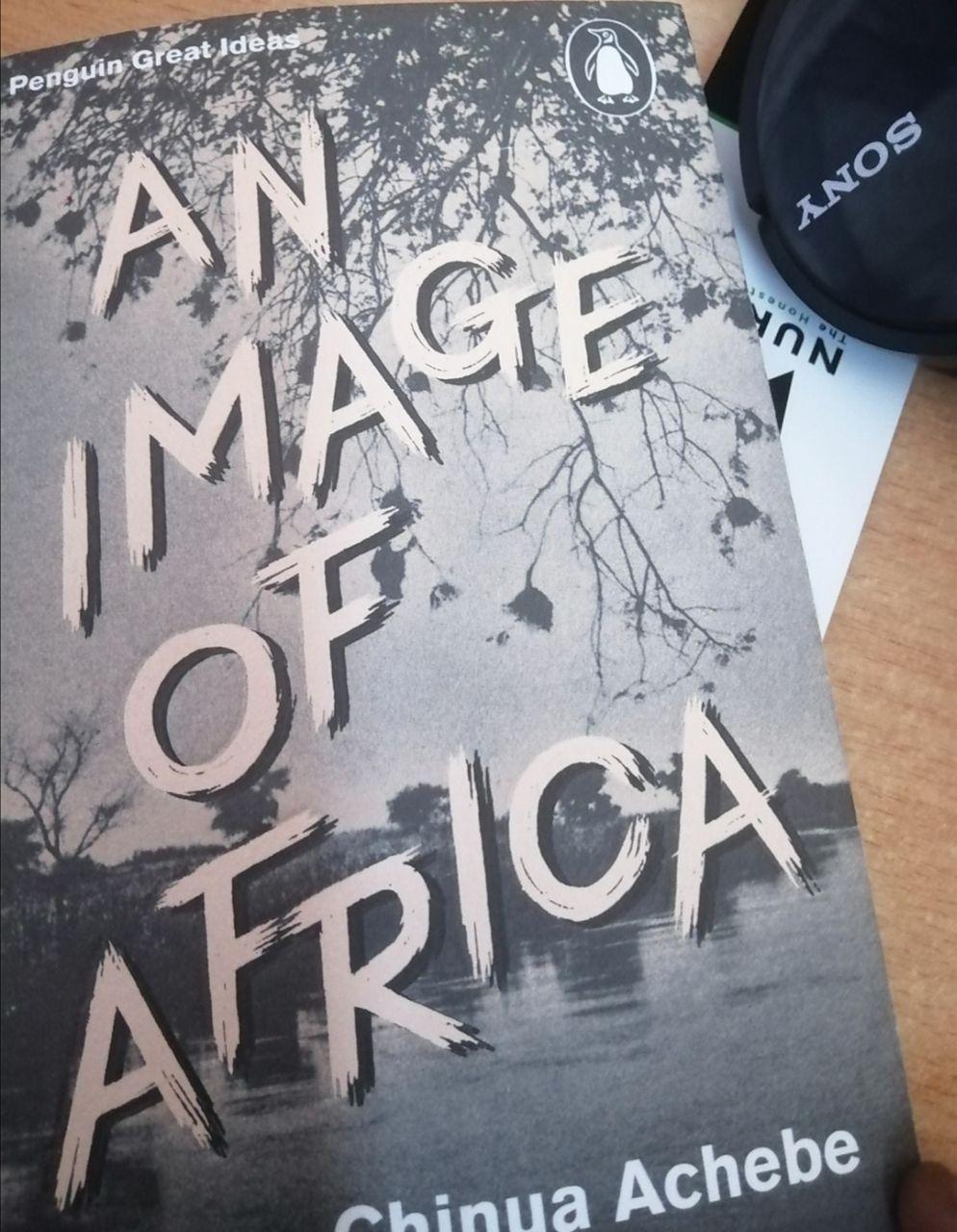Chinua Achebe is a man that needs no introduction at least to all those that love literature.
In this book, that was first published in 1977, Achebe dismantles the Joseph Conrad’s Heart of Darkness, a celebrated book by the western scholars that is considered an introduction into understanding Africa and Africans.
Achebe exposes the celebrated author as overly racist. The controversial labeling sent shockwaves into the heart of the western world, because, for the white people (and indeed all those who thought Conrad was a hero – Heart of Darkness was published in 1902), Conrad was a cult figure and the book was a must-have in the libraries of universities and was acceptable as gospel truth.
Conrad, according to Achebe considers Africans as spectators or as indistinguishable “savages”. Isn’t this the lens through which white people (humanitarian workers, expats, donors etc) still see Africans?
The creative contribution of Achebe’s essay lies in delving far beneath the surface of Conrad’s novel; he not only generated new and highly influential hypotheses about the author’s modes of thought and motivations, but also redefined the entire debate over Heart of Darkness. Just because the novel had been accepted into the “canon”, and now falls into the class of “permanent literature”, Achebe says, does not mean we should not question it closely – or criticize its author.
“Unlucky is the country where indiscipline is seen by ordinary people as the prerogative of the high and mighty”, Chinua Achebe, An Image of Africa
The second essay in the An Image of Africa, is one that deals with ‘the trouble with Nigeria’ as it is named aptly so.
Achebe starts by stating boldly that Nigeria’s problem is that of leadership.
“The trouble with Nigeria is simply and squarely a failure in leadership”, he begins.
Most of his observations easily apply to any other African country, especially Kenya.
He talks about the skewed expectations of patriotism from the citizenry when leaders are the ones who don’t show any brotherhood by promoting indiscipline, mediocrity, ; as they loot coffers mercilessly. He delves into the problem of tribe and how it rears its ugly head when it comes to resource allocations. He tackles the issue of false image that Africans have create about themselves for example, Kenyans love to say that ‘in Kenya no one is clean’, even leaders say this, so who is supposed to change if leaders who are elected and given mandate speak like this.
The state undertakes to organize society in such a way that the citizen can enjoy peace and justice, and the citizen in return agrees to perform patriotic duties. Achebe argues that love for a country is not about reciting loyalty pledges or memorizing the words of the national anthem but actions.
It is disheartening most leaders we’ve had since independence are not brave enough to be patriotic and to lead.
I agree with Achebe that, Kenya, same as Nigeria, needs “a radical programme of social and economic reorganization or at least a well-conceived and consistent agenda of reform”
The book is written in impeccable English.
I get the feeling of ‘urgency of now’ while reading this book.
Though the larger chapter is concerned with ‘the trouble with Nigeria’, the book is relevant throughout Africa and should be read by all.
Buy this book from Nuria Store.




